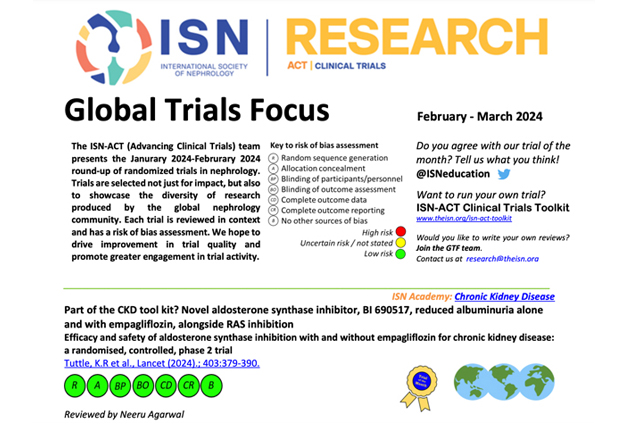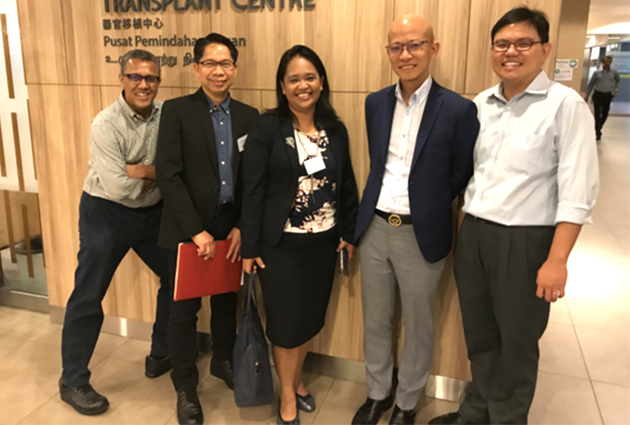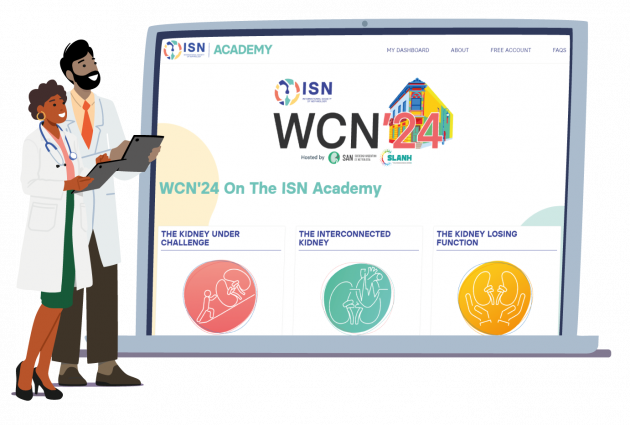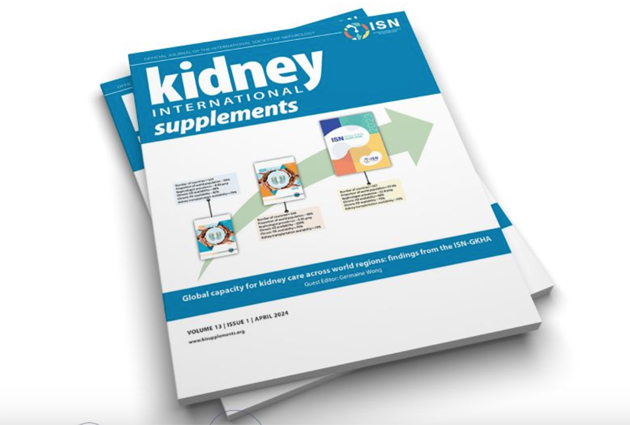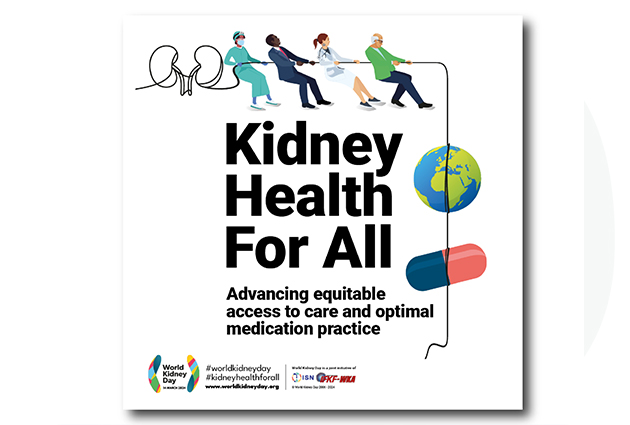ISN Constituency Statement – Prioritization of kidney disease and circulatory conditions in national COVID-19 response and recovery plans – at WHA75
75th World Health Assembly
This constituency statement is delivered by the World Heart Federation on behalf of the Framework Convention Alliance for Tobacco Control, International Alliance of Patients’ Organizations, International Diabetes Federation, International Pharmaceutical Students Federation, International Society of Nephrology, World Hypertension League, and World Obesity Federation. It is also supported by the World Organization of Family Doctors and World Stroke Organization.
Honourable Chair, Distinguished Delegates,
People living with circulatory conditions are disproportionately impacted by the COVID-19 pandemic. The lack of attention to NCDs in the early stages of the pandemic impeded their inclusion in strategic response plans and few countries included NCDs as part of essential health services packages. This has resulted in a deadly interplay between the NCD epidemic and the COVID-19 pandemic.
NCDs including hypertension, kidney disease, diabetes, stroke, obesity, and other circulatory conditions must be a top priority in preparedness, response, readiness and coordination activities and agreements at global, regional and country levels.
As such, our organisations, representing the global circulatory health community (those most impacted by COVID-19), call on Member States to
- Prioritize ongoing prevention, screening, and treatment for circulatory conditions in national pandemic response and recovery plans through patient co-creation;
- Increase domestic allocation of resources and develop targeted policies to tackle CVD and NCD risk factors, including those focusing on digital health technologies, through mechanisms such as taxation of unhealthy commodities
- Integrate monitoring and data collection on NCD prevalence, comorbidities, and risk factors into measures of pandemic readiness, resilience, and response;
- Strengthen Primary Health Care and invest in family medicine to ensure equitable access to essential health services, particularly for people living with NCDs and in low-resource settings; and
- Strengthen the NCD component of emergency preparedness and response by formalizing these actions in a WHO convention, agreement or international instrument on pandemic preparedness.
These steps would go far in making health systems more resilient and are expanded upon in our position paper. We look forward to working with you to prevent, and where necessary, respond to future health emergencies. Thank you.


